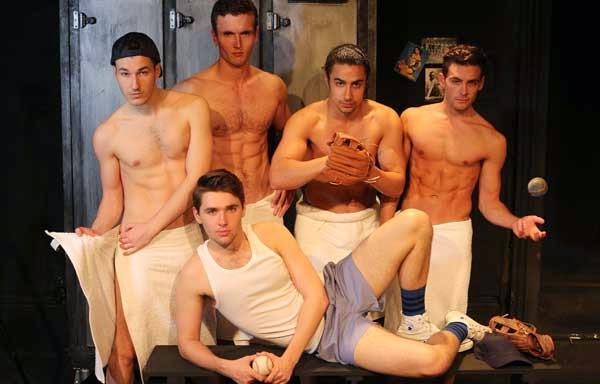It was interesting to try and attempt to transplant Genoa from the 1300s to the 1960s in this
ENO production of Verdi's Simon Boccanegra. It does not quite work, but it still looks so sophisticated and hip you can probably overlook this and feel smug anyway. Unless of course you were the lady next to me who was unwell five minutes before the end of the first half and fell over my man bag running for the exits. But I digress...
There is some beauty in this production as tableaus become images and spectacle abounds. Although if you have been to Genoa and seen the palaces that the Doges - who were elected for life and were among the leading merchant families of the region - it makes it a bit hard to comprehend why everyone was moving about in grey suits and minimalist sets.
The opera itself is fairly convoluted and requires descriptions projected onto curtains between scenes just so you have a vague chance of understanding what is going on. So the modern transplanting of the opera does not make things easier, nor does the less than inspired translation. The last time I saw this opera I recall the setting having more to do with 19th century Italy than the period of the 1300s that Boccanegra lived. It probably makes more sense with
Verdi's nationalism and occasionally grand romantic arias that pervade throughout the piece. If there is a central message in this piece, it surely must be something along the lines of "can't we all get along and stop trying to poison each other", which must have resonated well for Verdi's contemporaries...
Despite some reservations, there are some strong performances in the piece including by
Brindley Sherratt as Fiesco - the man who lost his daughter to Boccanegra, and
Maisie Turpie as Maria, Boccanegra's lost daughter. Family intrigue trumps the mild political intrigue and infighting in this piece and their performances work well here. The rousing chorus and orchestra also rose to the occasion of melodrama. It runs until 7 July at the London Coliseum, and part of the essential Verdi experience... I'm not sure if this opera is essential Verdi, but worthwhile all the same...


